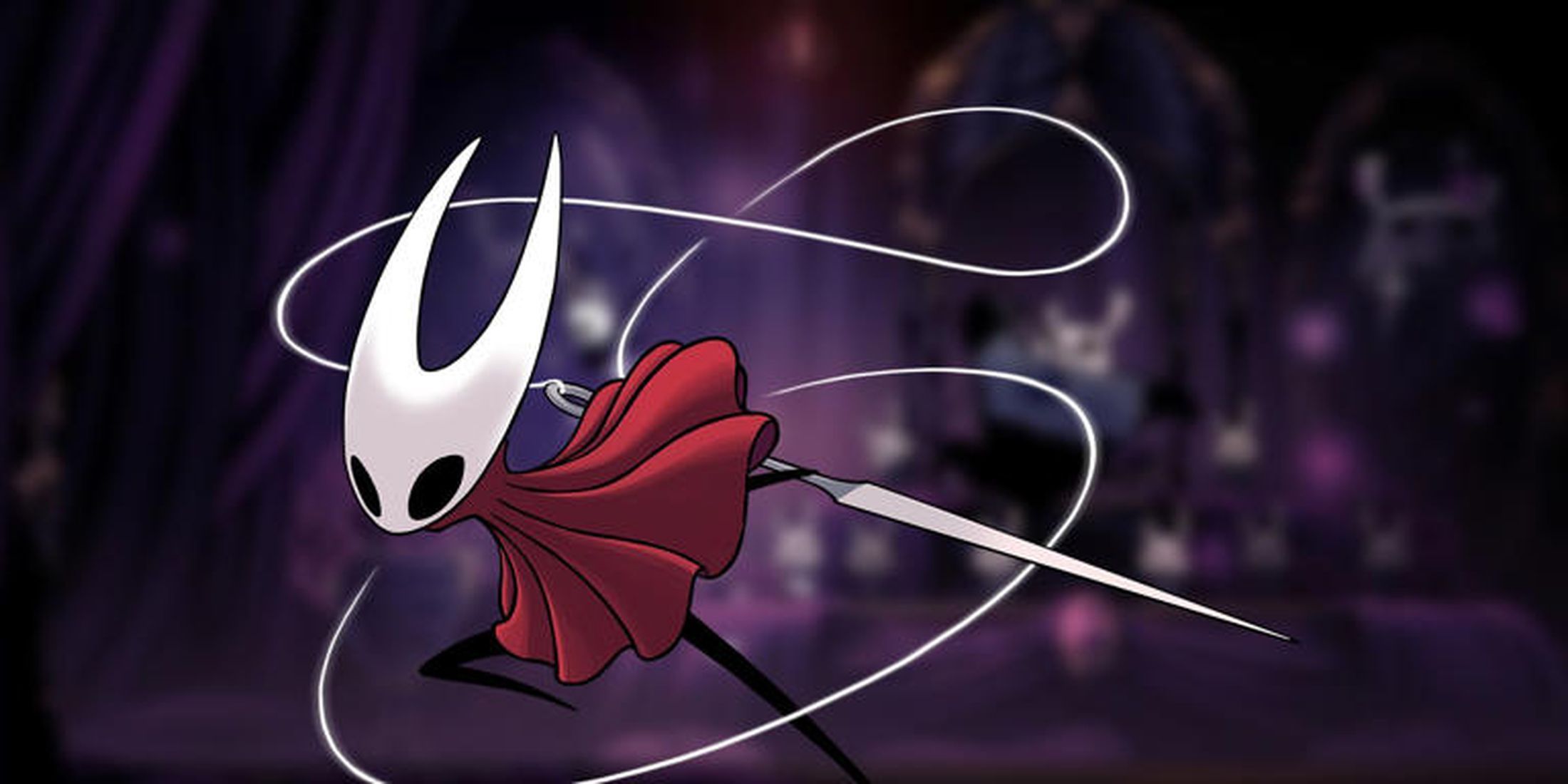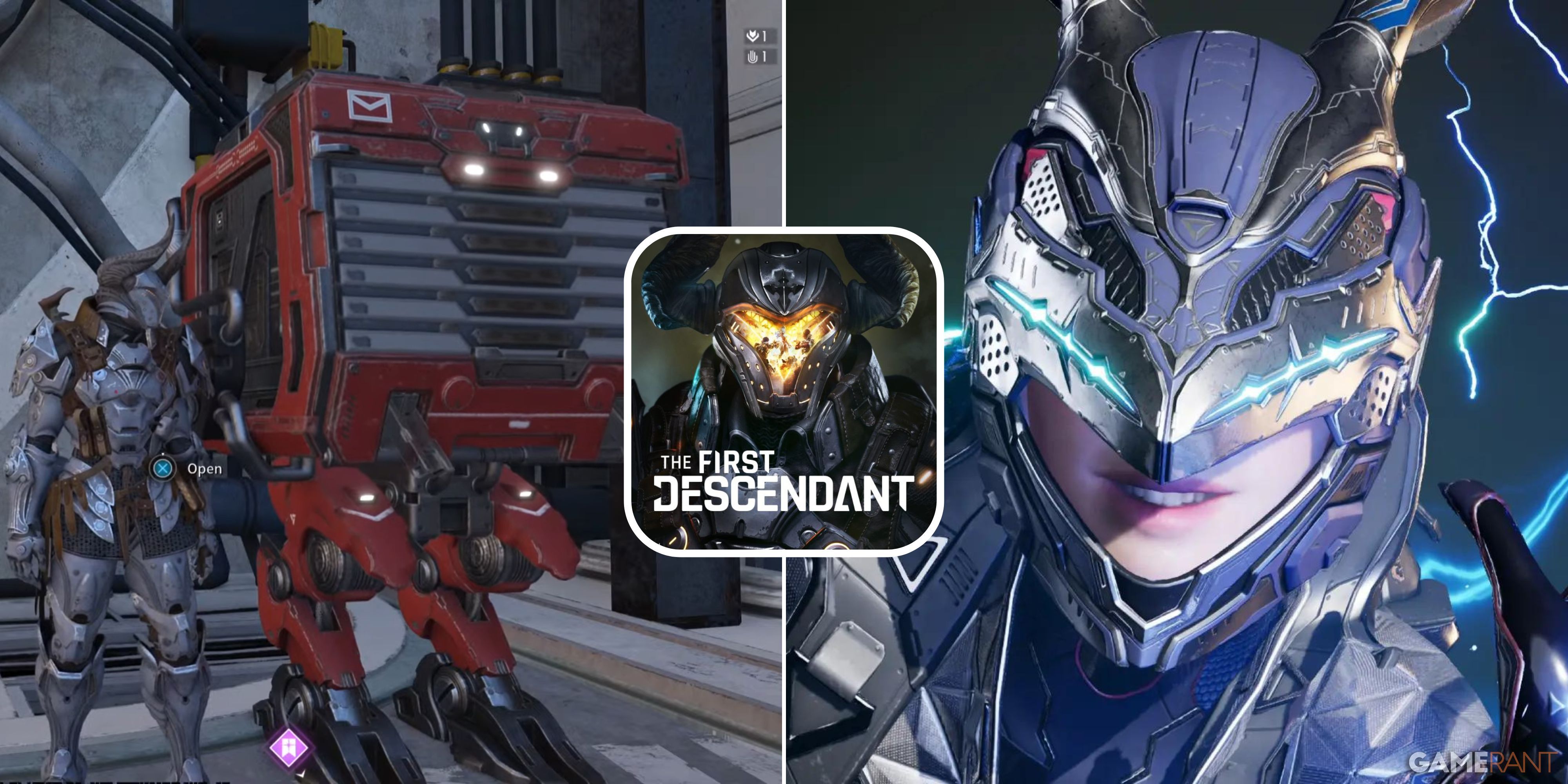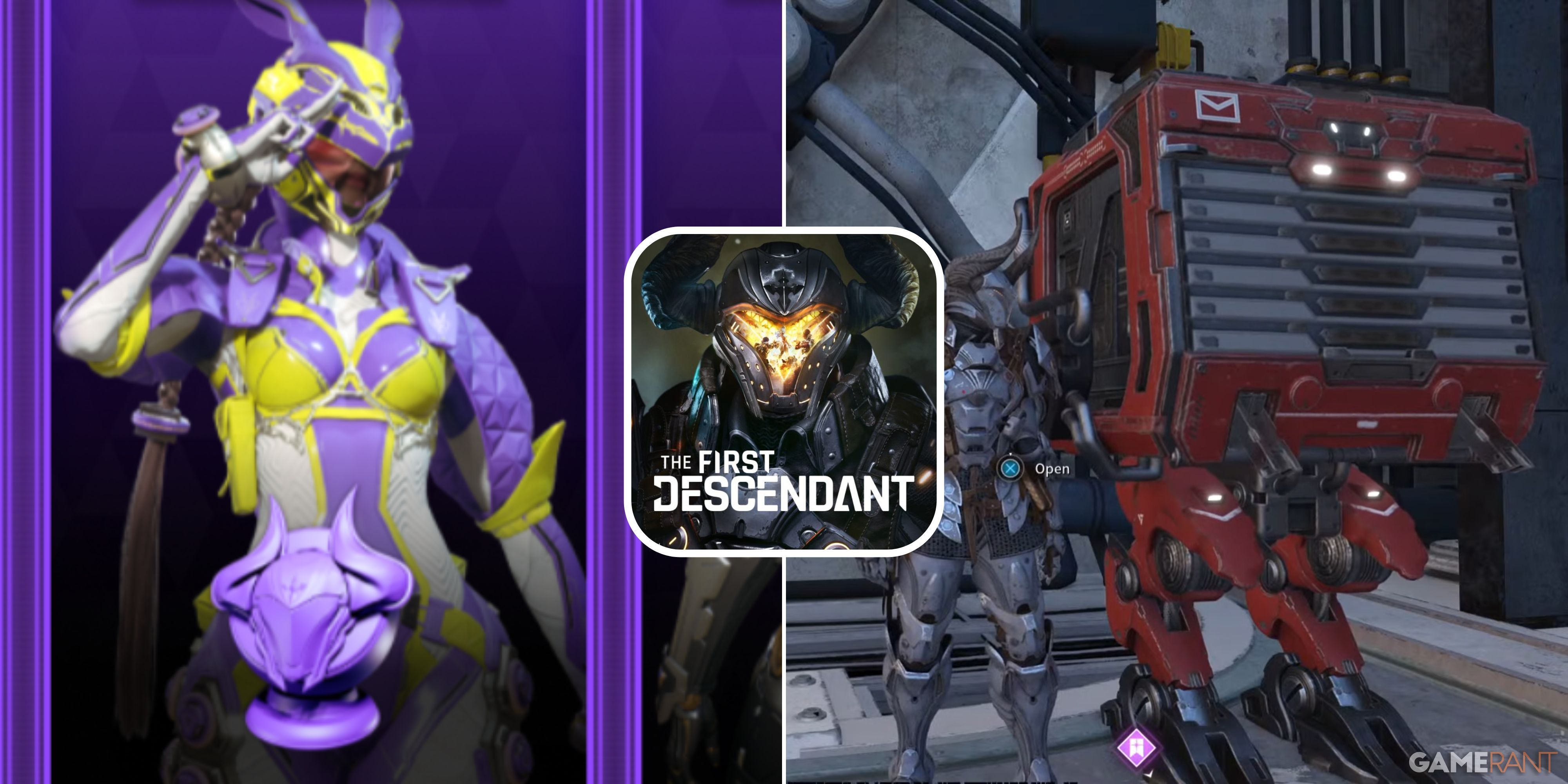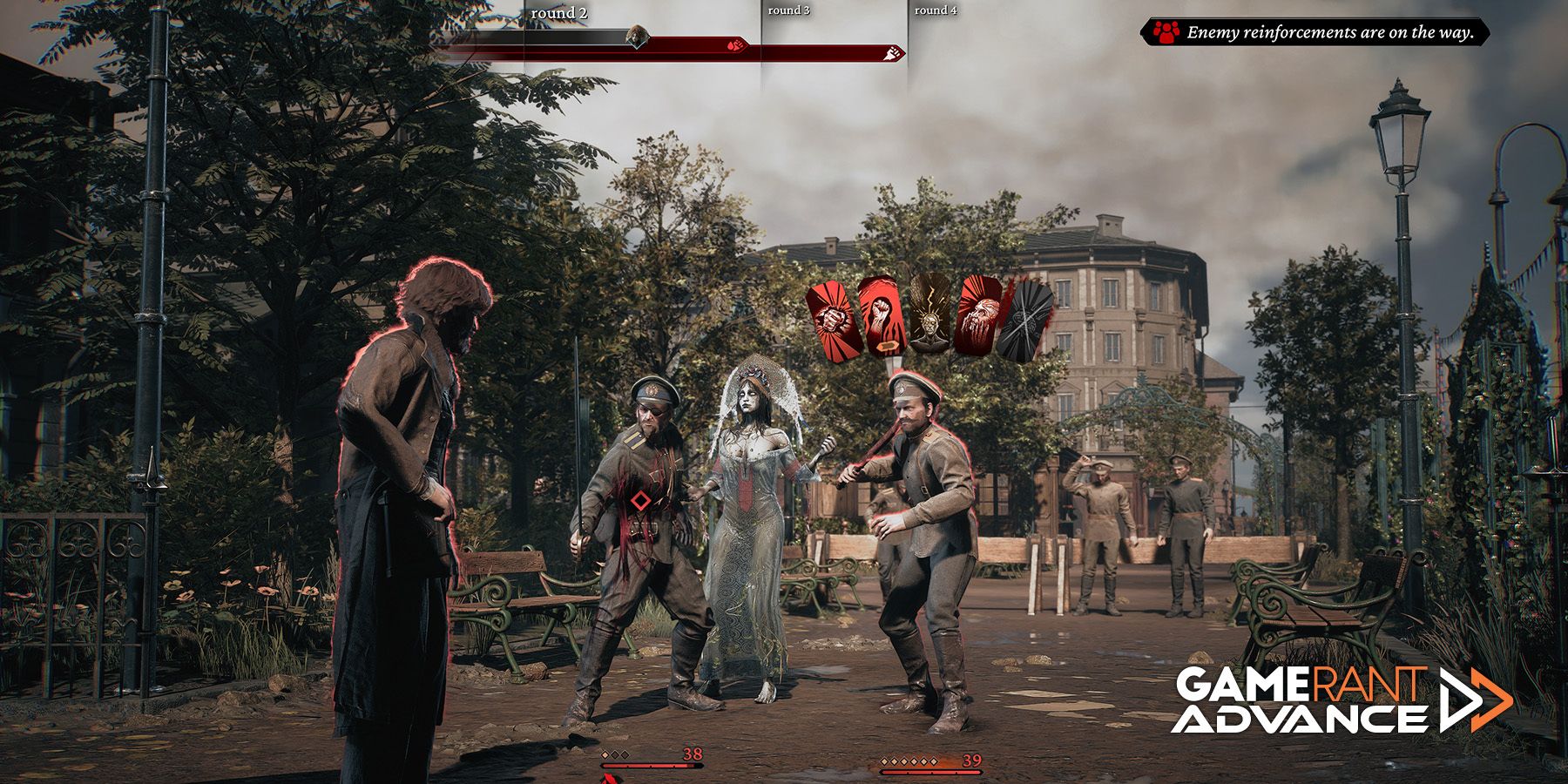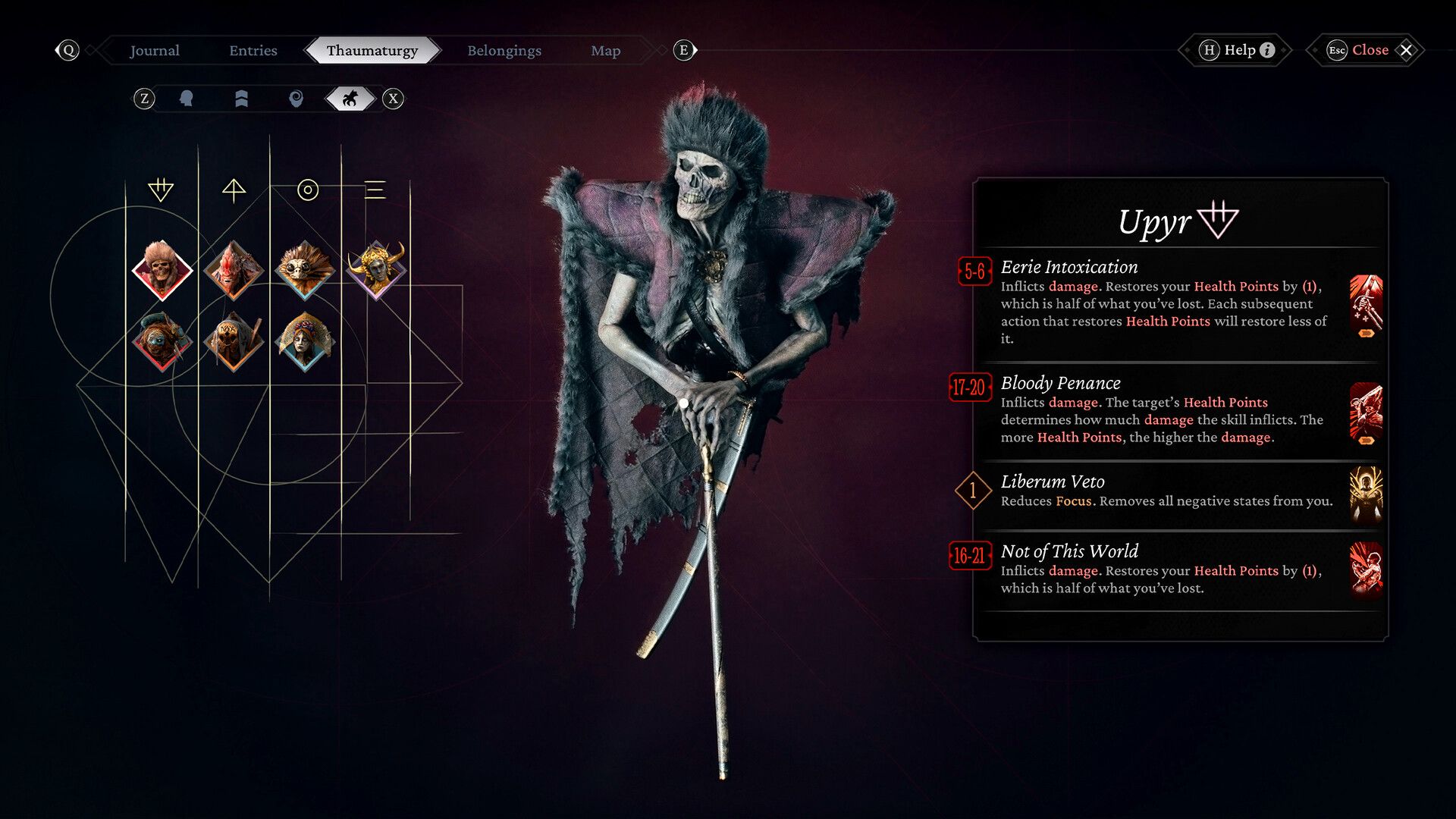Turn-based roleplaying games are enjoying a new moment in the sun thanks to games like Baldur’s Gate 3 and Sea of Stars. Contributing to this, the upcoming Warsaw-set RPG The Thaumaturge is combining these mechanics with the supernatural.
In The Thaumaturge, players inhabit the role of the titular magician Wiktor Szulski, who is defined by four different dimensions: Heart, Deed, Mind, and Word. Those dimensions not only correspond to the powers of a Thaumaturge, but the types of ethereal Salutors inhabiting the world. Combat is also fast and snappy, with puzzle-like elements in a manner not dissimilar from the combat in Sea of Stars. Game ZXC sat down with Karolina Kuzia-Rokosz, design director from developer Fool’s Theory for an interview about the gameplay systems in Thaumaturge, and how the dimensions of Heart, Deed, Mind, and Word play out in the magical world.
Q: How did the team decide on the concepts of Heart, Deed, Mind, and Word, and can you talk about all the ways these four components impact gameplay?
A: We needed to classify the Thaumaturge’s powers in a way, to assign them to some elements to first learn how this world even works. Information divided into these four sets was easier to track, name, and mention. At the same time, we were looking for names for those sets that resonate well with the elusive, mysterious powers the Thaumaturge possesses.
So, the entire field of Thaumaturgy is divided into these four, and each of them conceals information that aligns seamlessly with its name. If you uncover a secret belonging to the set of Mind, you can be sure you've found someone’s secretive thoughts, memories, and ideas. The same applies to others: everything associated with the Word was once said, screamed, or whispered over the object of your interest. Heart implies that you’ve discovered remnants of someone’s emotions, desires, and love. And finally, when it comes to Deed, you've stumbled upon the remains of an action–pushing, pulling, smashing, a touch, etc. Salutors are also divided into these four categories to make it easier for you to understand the character of their powers.
Q: How drastically does leaning into one of these or ignoring another impact things like dialogue choices?
A: Learning one dimension over the other three will determine whether it is possible or impossible to manipulate certain people. The power of manipulation is based on the strength of the given dimension and on possessing a specific Salutor, which also belongs to the same dimension.
Q: How do they impact the overall characterization of Wiktor, and what else contributes to the character development elements of The Thaumaturge?
A: Four Dimensions, Deed, Heart, Mind, and Word, correspond with Wiktor’s ability to discover secrets hidden within objects, manipulate people, and his development in combat. Each dimension provides you with a different ‘enhancement’ that you can use later in dangerous situations.
While we’re at it, we should talk more about Flaws. In this world, a Flaw is something one carries within oneself, a mark on the psyche created by strong emotions, a unique situation, or trauma. Now, a Flaw resides in someone, and if fed, it influences their choices and everyday life. Someone eventually becomes a slave to it. Now, everyone carries a Flaw, or not immediately, but those who do often attract Salutors. Some Salutors prefer certain Flaws over others. A skillful Thaumaturge, while hunting for a Salutor, must first identify who carries the Flaw the Salutor is after, and then take the Flaw over, extract it, and make it his own to own the Salutor.
This means every Thaumaturge in this world carries an in-born Flaw, and when it shows for the first time, most often during childhood, a Salutor sticks to it and becomes the eternal companion of the Thaumaturge. It is also a taboo in this world to own more than one Salutor, as there has been no one able to handle many Flaws so far. But Wiktor Szulski wants more, which puts him in trouble at first.
So Wiktor’s inborn Flaw is Pride. Wiktor (the player) may choose to feed the Pride during the game by making proud choices, mainly through dialogue, and then later find out which door his flourishing Pride will close and which will open.
Q: What mechanics set The Thaumaturge’s turn-based combat apart from other roleplaying games?
A: We deliver a timeline-based but snappy combat. Each attack, whether yours or the enemy's, is sorted into a queue that can be altered, modified, and changed along the way based on your decisions. Our combat is like this small puzzle-like game; there is always more than one solution, and each Salutor offers you a different approach to combat. Use their powers well.
Wiktor has his own attacks too, but Salutors are his real strength.
Q: How did the team settle on the card-like presentation of the combat?
A: We aimed to make combat snappy, catchy, and visually appealing, reminiscent of a street-like vibe. Cards were a simple form to present attacks and resonate with delivering fast blows, much like in a fast-paced card game of any sort.
Q: Outside of combat, how can Wiktor’s abilities and his Salutors influence the world around him?
A: Salutors, combined with the power of four dimensions, allow Wiktor to discover people’s secrets and skillfully manipulate them. The more powerful any dimension is, the faster Wiktor will learn the truth and be able to achieve his goal. There are, of course, many ways to get what Wiktor wants—if not through manipulation, then through combat.
Q: How does The Thaumaturge strike a balance between combat and RPG elements like conversation and choice? Is combat a central focus or is it something players can avoid through negotiation and manipulation?
A: Certainly, the latter. Combat is just one means to achieve your goal, and the amount of combat may reflect your playstyle. If your Wiktor is proud, then it might be sometimes more challenging to avoid combat. But at the same time, some actions might become easier. Conversations are a crucial part of the game and, apart from gameplay investigations, a way to know the world and the people living in it better.
Q: Is it possible to do a pacifist playthrough in The Thaumaturge?
A: It is not possible to avoid every combat in the game, but it is surely possible to avoid some of them through choices. Alternatively, if you wish to carve your way through violence, you certainly can.
Q: Could you explain more about The Thaumaturge’s investigation mechanics and how they work?
A: The investigation is based on the power of each of the four dimensions; the more powerful you are, the easier it will be to discover secrets hidden in everyday objects. These secrets are always sorted into conclusions - discovering a set of secrets gives you a conclusion about a certain matter or person. Having a conclusion drawn, a Thaumaturge may use this information to get to one’s Flaw or manipulate them.
Q: Did The Witcher have any influence on how Thaumaturge’s investigations work? What about other possible influences?
A: Investigation in The Thaumaturge is a mix of our experiences with various systems we’ve worked on. Investigation in The Witcher was designed to perfectly maintain and fit the unique vibe of being a deadly monster hunter. We wanted the investigation in The Thaumaturge to evoke the fantasy of being a miracle worker in the same way. The powers of a Thaumaturge are vague, almost unnoticeable to other people, so the mechanic of investigation had to fill in those boots. Thus, we came up with powers that allow you to read what’s left of one’s emotions, words, and thoughts on everyday objects. It’s extremely tempting to think of having such powers in our world, isn’t it?
Q: Roughly, how much of the story and gameplay is defined by these investigations?
A: Every quest consists of evenly spread beats, such as investigation, dialogues, and combat, but you don’t always have to perform an investigation to complete the quest.
Q: The game involves making morally ambiguous choices. What kinds of choices might players encounter and how impactful are player’s choices?
A: The impact of those choices varies - they can alter how certain characters perceive you (and what they do later in the game, based on your choices) or they influence smaller parts of the game along the way. I shall not spoil anything for you just yet.
Q: What was the appeal of morally ambiguous choices rather than a more rigid “right vs. wrong, good vs. bad” approach?
A:There are no good or bad decisions, and the most interesting ones are those that make you torn, and that are in no way easy. We'd like to build the story for the players in a way they care about, and making choices is not always easy.
[END]
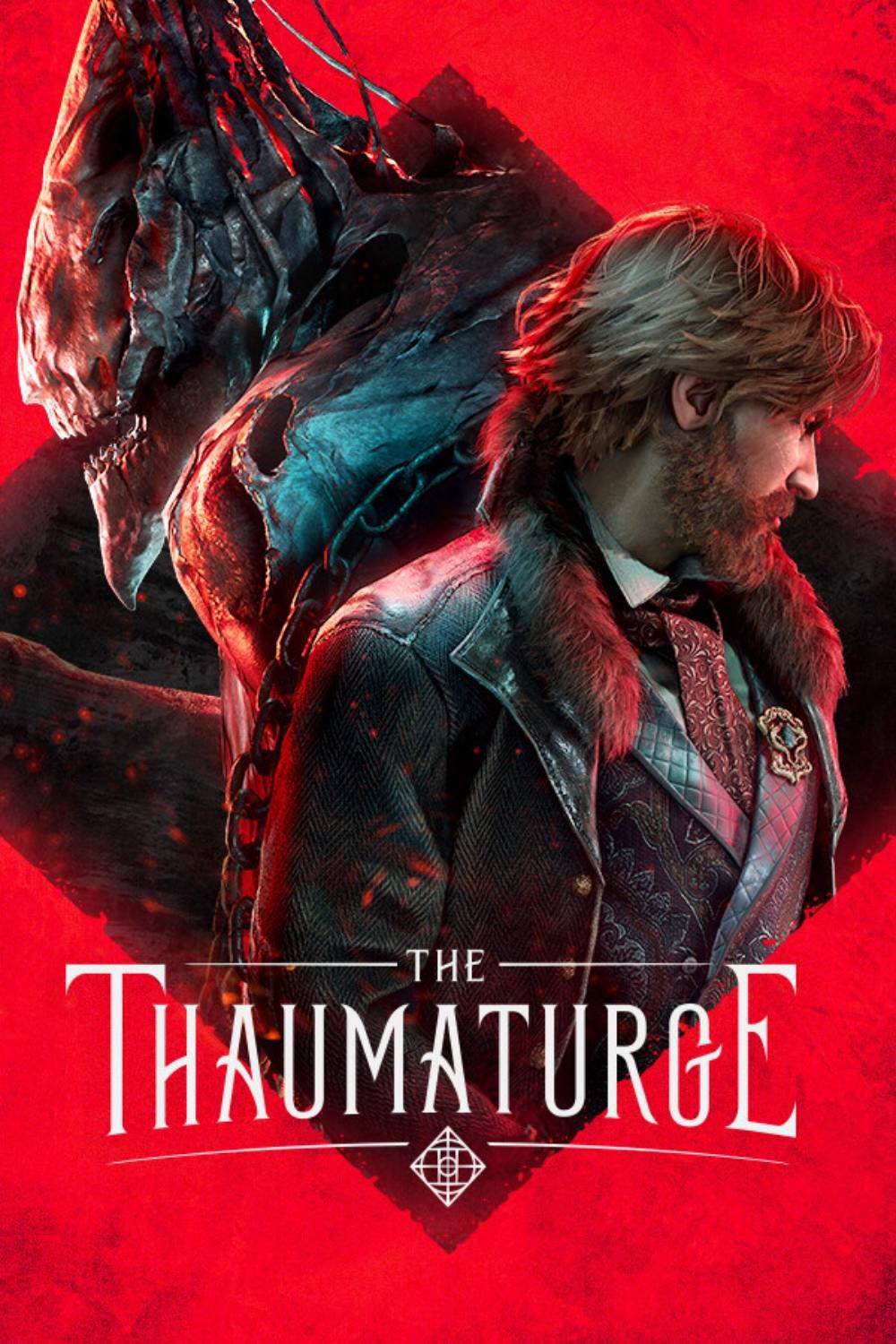
The Thaumaturge
The Thaumaturge is a story-driven RPG set in 1905 Warsaw, Poland. Players take on the role of Wiktor, who can see entities called Salutors that normal humans cannot. It features isometric gameplay, turn-based combat, morally ambiguous choices, unique character development features, investigation mechanics, and much, much more.
- Platform(s)
- PC
- Released
- March 4, 2024
- Developer(s)
- Fool's Theory
- Publisher(s)
- 11 Bit Studios
- Genre(s)
- Adventure , RPG

